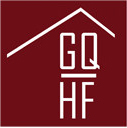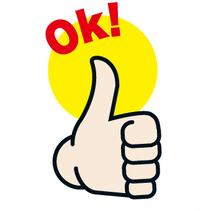Victorian Life
Time for Slang – the Origins of “OK”
Okay! Time to talk Victorian slang. Our modern version of slang incorporates abbreviations, purposeful misspellings and distortions of the misspellings! Most of us are familiar with LOL, TMI, Krispy Kreme, and Kool Aid. Contemporary young people recognize kew! (cool) and deez (these), which they will tell you is NBD (no big deal). Victorians were no different. In fact, one of the most ubiquitous terms bandied about both at home and internationally got its roots on March 3, 1839.
On that fateful day, the initials “O.K.” were first published in the Boston Morning Post. It was meant as an abbreviation for “oll korrect,” a popular misspelling of “all correct” at the time. OK then steadily made its way into the everyday speech of Americans. You might call it an editorial joke that went viral!
Politicians even picked up on its use. Martin Van Buren, the Democratic incumbent, was running for re-election to the Presidency in 1840. A band of his supporters organized a group to influence voters. They were dubbed the “OK Club,” which referred to Van Buren’s nickname “Old Kinderhook” stemming from his hometown of Kinderhook, New York.
Eventually OK made its way around the world and to the moon, where it took on its new form, AOK. It was the first word spoken on the moon.
Whatever the spelling, be it OK or okay, it’s here to stay. That appears to be OK with everyone, as it is the universal symbol for assent, agreement, affirmation or acceptance and that things are progressing in a satisfactory manner.

